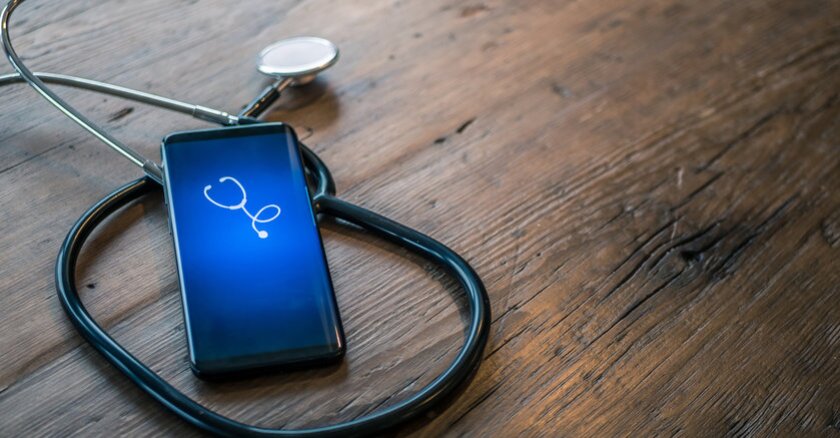The Ohio Department of Mental Health and Addiction Services Crisis Text Line had 1,016 conversations in March — almost double the number of conversations it had in February, said Laura Payne, a researcher at the department's Bureau of Children, Youth and Families.
"Since the crisis became severe in Ohio just around mid-March, we would expect our April numbers to potentially be higher than that by the end of the month," she said in an email.
People can text "4Hope" to 741741, and a trained volunteer crisis counselor responds within five minutes.
Many of the calls fall into the category of depression/sadness, anxiety/stress and relationships.
The North Central Mental Health Services also saw a slight increase in calls in March, said Hannah Thompson, suicide prevention services coordinator at the community-based mental health and recovery agency.
"As coronavirus continues to impact central Ohio, I do anticipate that we will begin to see an increase in call volume as people reach out for additional support during this time of uncertainty," Thompson said in an email.
Weeks into the crisis and facing skyrocketing unemployment rates, many are concerned and stressed.
"They are worried about getting sick," said Paul Gionfriddo, the president and CEO of Mental Health America, a nonprofit organization headquartered in Virginia.
"They are worried about family and friends and loved ones getting sick. They are worried about the tremendous disruption in their lives in general and what this might mean for them moving forward. They are worried ... financially."
In light of the stay-at-home order and concern about spreading the coronavirus, central Ohio hospital systems are using telehealth appointments for people with mental health issues.
These uncertain times are hard on children, too, and hospitals that cater to them have to adjust accordingly.
Nationwide Children's Hospital opened its nine-story, 386,000-square-foot Big Lots Behavioral Health Pavilion to patients March 10. However, the majority of the visits are being conducted through telehealth, said Ujjwal Ramtekkar, a psychiatrist with Nationwide Children's Behavioral Health Services.
Only a small percentage of patients are still being seen in person if there is safety concern or an acute crisis, he said.
Behavioral Health Services had more than 8,000 telehealth visits from March 13 to April 2. There were only 19 behavioral health telehealth visits in 2019, according to a release from the hospital.
"The children with anxiety are obviously experiencing more anxiety because (the coronavirus) further exacerbates their anxiety because of the fear of losing their loved ones or their own health related anxiety," Ramtekkar said.
OhioHealth has noticed a decrease in emergency room volumes for medical patients. But they have had fairly consistent volumes of psychiatric patients in the emergency rooms and psychiatric patients in their in-patient psych units, said Dr. Megan Schabbing, OhioHealth's medical director of psychiatric emergency services.
"When you have mental illness and you lose your structure routine, it can be sometimes even more devastating than it might be for people who at baseline do not struggle with mental health problems," she said.
Hospitals are expecting more people to seek help for mental health issues as the pandemic wears on.
Ohio State University's Wexner Medical Center has had nearly 3,000 behavioral health patient visits through telehealth since March 18.
"I think what will happen in the near future and in the weeks to come is a surge for people who have always had mental health issues and challenges, but also those who have been vulnerable to stress that emerges to a new onset of mental health challenges, " said Dr. K. Luan Phan, chair of the Department of Psychiatry and Behavioral Health. "We see this period as a calm before the storm."
©2020 The Columbus Dispatch (Columbus, Ohio). Distributed by Tribune Content Agency, LLC.














